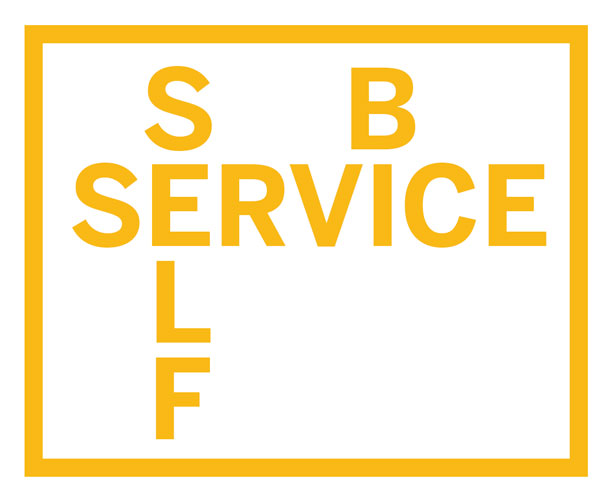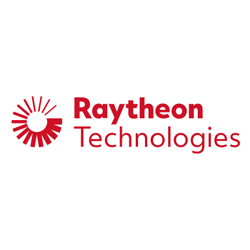Q&A: Self-Service vs Traditional Business Intelligence
- by 7wData

I was recently contacted by Falk Tewes, an MBA student at New Buckinghamshire University in the UK who is working on a master thesis about ‘Management aspects of a Self-Service BI strategy: the role of BI Governance‘.
With his permission, here are his questions and my answers around self-service BI and governance. If you have your own ideas/answers to these questions, please reach out to Falk, or use the comment section below!
What is your background with BI and self-service BI?
I have worked in business intelligence for the last 25 years or so. I worked for Shell in 1989, and one of my roles was gathering information from the payroll and HR systems and using it to create a series of management reports for executive decision-making. This required a mainframe, a few floppy disks, the one PC the department owned, and some macros on an early copy of Lotus 1-2-3, the first big commercial spreadsheet program. I then joined BusinessObjects in 1991, and have worked for the company ever since (now part of SAP).
How would you define self-service BI?
There are always two “definitions” when it comes to IT terms, and most people try to mix them up, creating endless confusion.
The first is the business need, e.g. in this case:
The second is the technology used to fulfill that business need, e.g.
For the purposes of this document, it’s best to focus on the technology, because that is what typically changes first, solving old business needs and creating new ones.
What do you find people misunderstand about self-service BI’s concept?
That it’s a very hard thing to define concretely in terms of technology implementation. The underlying business need is a very broad concept that covers a very wide range of different types of technologies and information uses, and that the distinctions between “reports,” “dashboards”, “data discovery,” etc are blurry — and the need for “business information” covers a lot more than what is stored in traditional databases (documents, external news feeds, etc.)
There’s no truly self-service BI solution. Somebody has always done some work in advance. The data has to be brought together at some point in a way that makes sense, and this has to be done by somebody with expertise in data and technology.
In your opinion, what are the benefits of self-service BI compared to traditional BI and how can it help organizations to meet its strategic and operational business goals?
BusinessObjects was explicitly a “self-service BI” tool in 1991 (using my definitions above), so I’m not sure the comparison with “traditional” is appropriate.
Business needs don’t change so much over time — what does change is the technology used, the data available, and the culture/expertise of information use.
So the question should really be about comparing “new technology possibilities” with “old technology possibilities”
What’s different now is that:
What is your opinion towards visual analytics in the context of self-service BI and how do they differ?
The ability to have fast, interactive feedback to new questions means that the user interface can be improved. Instead of forcing users to ask a question, get a result, and then use that result to make a chart, you can do much more of the interaction on the chart itself. It’s more appropriate for iterative discovery than reporting. It’s also easier and more appealing to use, which is an important consideration in a technology that is still, sadly, seen as a “nice to have” in more organizations — i.e. people are rarely forced to use BI as part of their job.
How would you define Governance in regard to self-service BI?
My definition of data governance is “stopping people from doing stupid things with data”. Sadly, stupidity is a vast subject.
[Social9_Share class=”s9-widget-wrapper”]
Upcoming Events
Evolving Your Data Architecture for Trustworthy Generative AI
18 April 2024
5 PM CET – 6 PM CET
Read MoreShift Difficult Problems Left with Graph Analysis on Streaming Data
29 April 2024
12 PM ET – 1 PM ET
Read More




